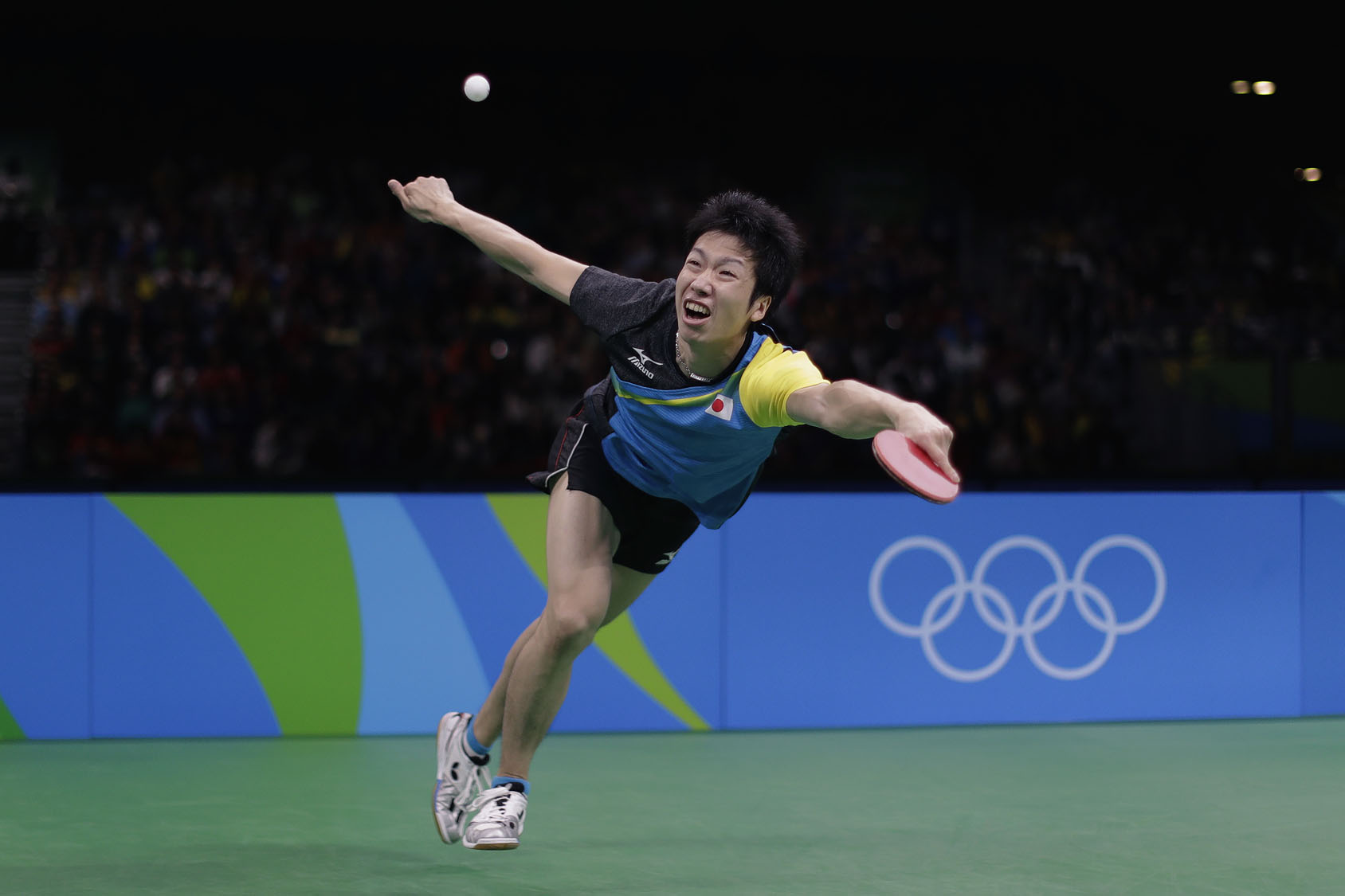The pandemic is not over. Of course, COVID-19 remains a deadly threat, particularly to the elderly. A less novel virus, however, continues to wreak havoc, and is especially dangerous to youth. This is the plague of cyberbullying. According to the Pew Research Center, 59% of teens in the United States reported being victims of some form of online harassment. While distressingly prevalent in the US, it is a worldwide problem. According to Wikipedia, a survey of 25 countries found an average of 37% of youth between the ages of 8 and 17 had been cyberbullied. For a generation growing up in the digital age, the Internet has assumed an outsize role in identity formation. Thus, when one's identity is attacked online, it can present an existential crisis to a developing mind. A 2017 study by Alavi, et al., found that victims of cyberbullying were 11.5 times more likely to develop suicidal ideation. While youth are the primary sources and recipients of online abuse, they have no monopoly on malicious manipulation of modern media. In fact, some overgrown bullies have even been known to rise to the highest levels of government. In this new digitized domain, no one is safe, neither deceased war heroes nor Olympic gold medalists. In the latter case, consider that of Japan's Jun Mizutani (pictured). Along with Mima Ito, last week Mizutani won the inaugural Olympic gold medal in mixed doubles table tennis. The dynamic duo upset top seeds Liu Shiwen and Xu Xin of China, claiming Japan's first-ever Olympic gold medal in the sport. While most of Mizutani's online reception was positive, he received an abnormally high percentage of trolling comments, attacking and even threatening him personally. The 32-year-old, who also won two medals in Rio 2016 and is competing for one more in men's teams, was the target of multiple DMs on Twitter to the effect of "drop dead" and the like. Rather than silently absorbing the torrent of abuse, Mizutani documented the messages and went public. "I'll contact all parties concerned to take necessary measures," he wrote. As an elder statesman for Team Japan, Mizutani expressed a protective instinct toward his younger teammates, led by such millennial luminaries as Ito, 20, and Tomokazu Harimoto, 18. "I think I'm more immune to online abuse than others, but it's something we absolutely should not allow to happen." explained Mizutani. "I'm one of the oldest and I have experience, so I want to stand at the head of the line to eliminate online slandering... If I leave all the online abuse I'm receiving as is, the target will be shifted to other athletes, so I feel that I need to deal with it now properly." While the Olympics have been greatly affected by the COVID-19 pandemic, Mizutani's story shows that no one is immune to the "computer virus" that is cyberbullying. While his accomplishments on the court are historic, his courageous fight for justice and humanity may become his defining legacy.
More at NBC News
